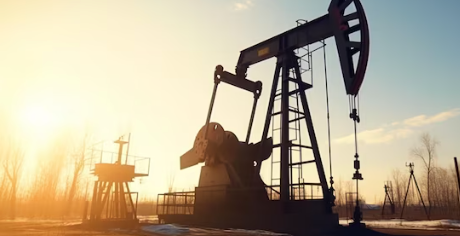$UNG $BOIL $GASL
#EuropeLNG #EnergyMarkets #NaturalGas #LNGImports #AsianDemand #SpotPrices #EnergyStorage #WinterHeating #GasReserves #EnergyTrading #MarketTrends #EuropeEnergyPolicy
Europe is strategically navigating the complexities of the global energy market, significantly increasing its imports of liquefied natural gas (LNG) due to a decline in demand from Asia. This shift has been marked by record-high import levels for this time of year, a development underscored by vessel-tracking data. The dynamics at play are intriguing: lower demand and spot prices in Asia are making it financially attractive for Europe to redirect LNG cargoes to its shores. This maneuver is not just about meeting immediate energy needs; it’s a calculated effort to bolster reserves and ensure energy security in the face of fluctuating global demands and unpredictable climatic conditions.
As we delve deeper into this situation, it’s evident that Europe’s energy strategy is reactive to both environmental and market conditions. The past winter proved to be more severe than the three preceding it, leading to a substantial depletion of gas storage levels across the continent. Europe is now in a critical period—post-heating season but pre-summer—when efforts to refill gas storages become paramount. The continent’s ability to secure high levels of LNG amidst competing global demands is testament to its proactive and adaptive energy policies. Specifically, the need to stockpile gas from April to October highlights the forespective planning essential to navigatie the inherent volatility of the energy markets.
Importantly, the reconfiguration of global LNG flows accentuates a broader narrative within the international energy arena. Europe’s intensified LNG import activity signals an evolving landscape where traditional energy dependencies are being questioned and redefined. Asian markets, traditionally voracious consumers of LNG, are experiencing a downturn in demand, thereby allowing Europe to play a more assertive role in global energy trades. This shift is not merely about immediate gains or meeting seasonal requirements; it’s a strategic positioning that may redefine Europe’s role in the global energy hierarchy, potentially impacting spot prices and long-term contracts.
The implications of Europe’s record LNG imports extend beyond the continent’s borders. For energy traders and market watchers, this trend is a clear indicator of the fluid nature of global energy dynamics, influenced by economic factors, geopolitical tensions, and climate variations. As Europe maneuvers through the complexities of energy procurement and storage, the lessons learned and the strategies employed could serve as templates for other regions grappling with similar challenges. Moreover, the situation underscores the importance of diversification and flexibility in energy sources and procurement strategies, a critical takeaway for countries aiming to bolster their energy security in an increasingly unpredictable world.






Comments are closed.